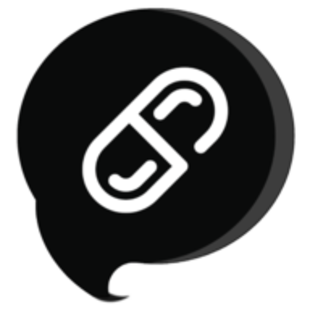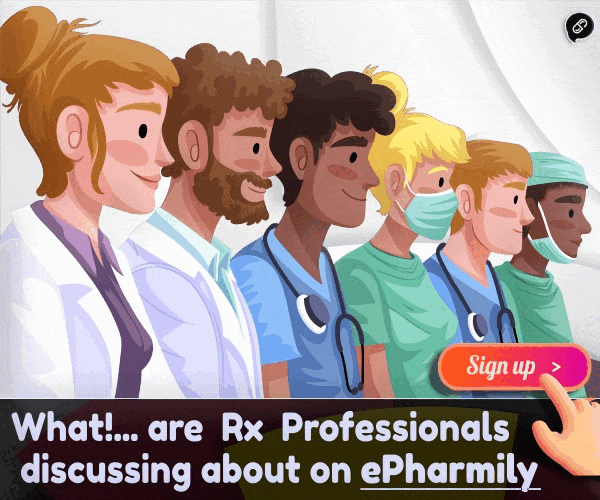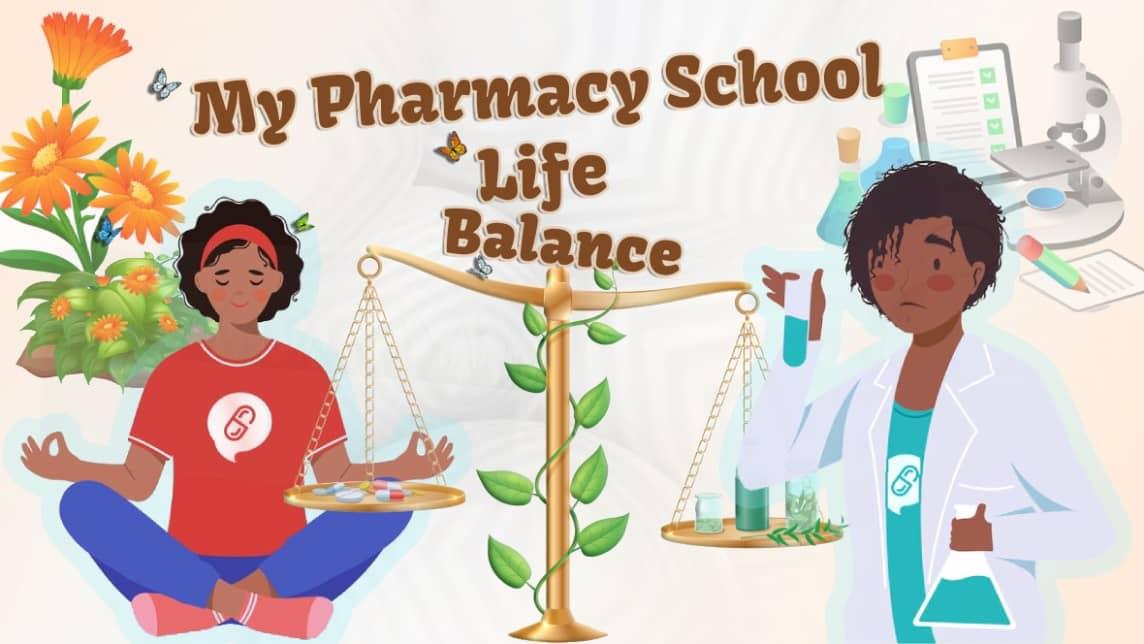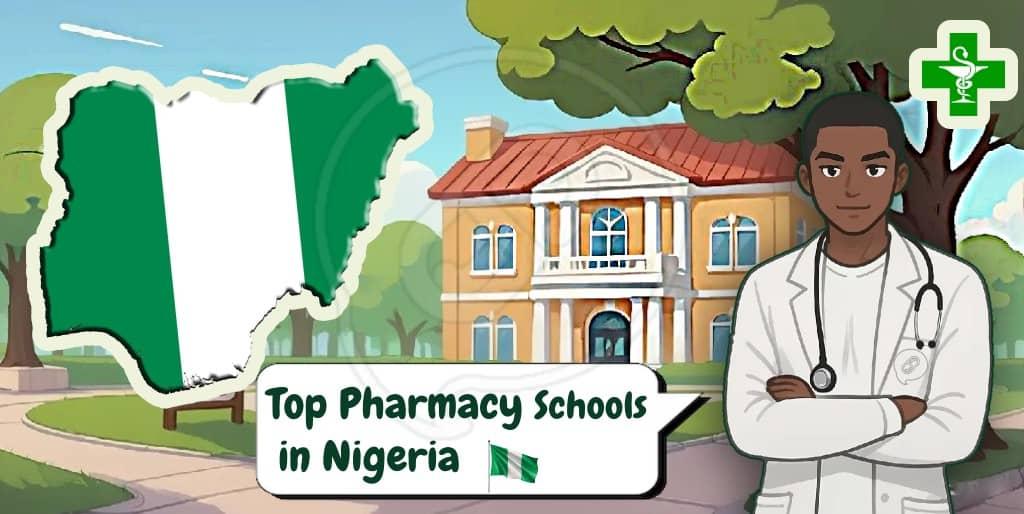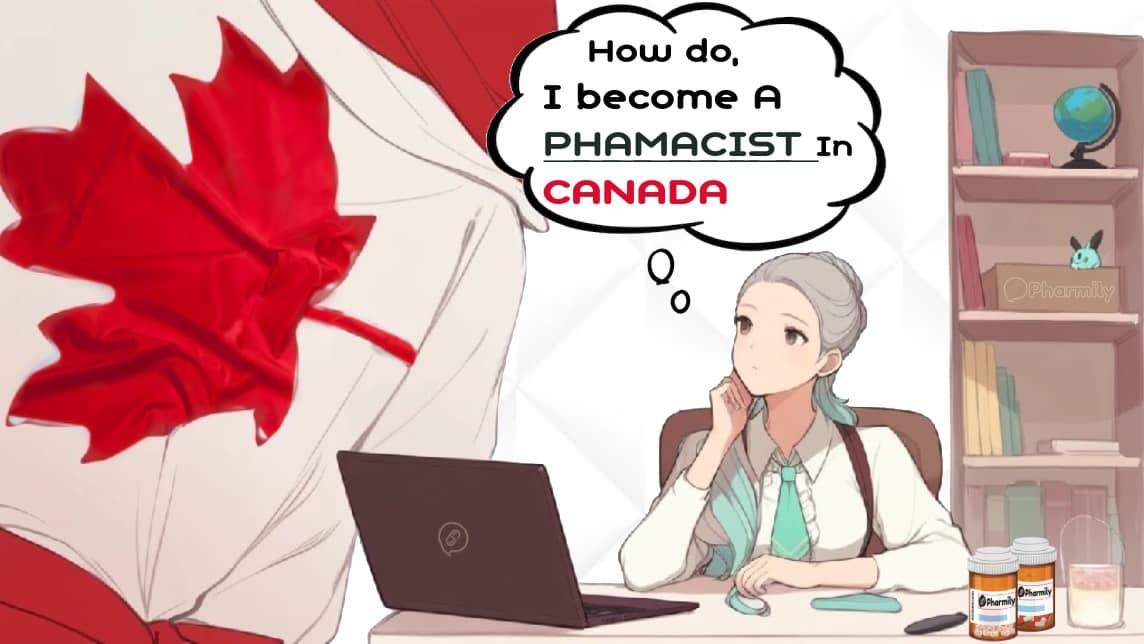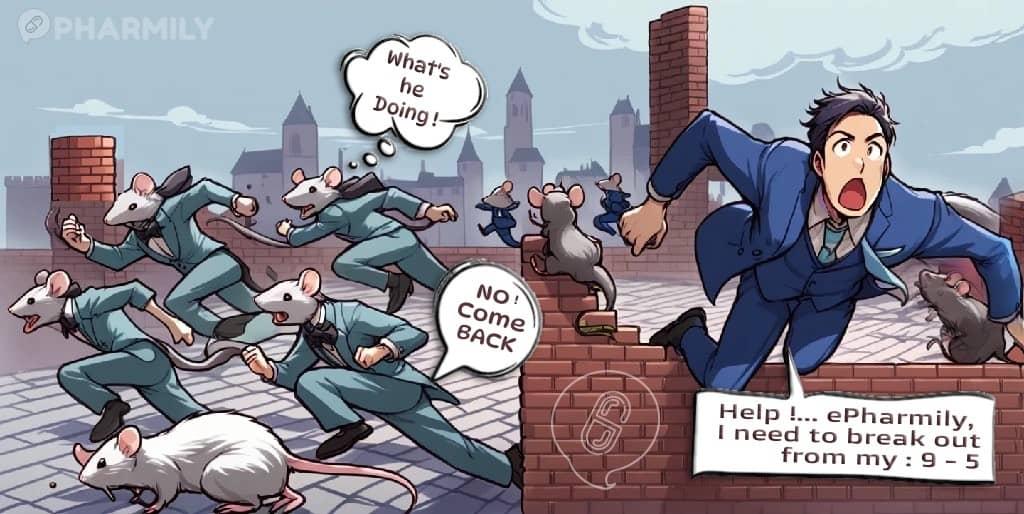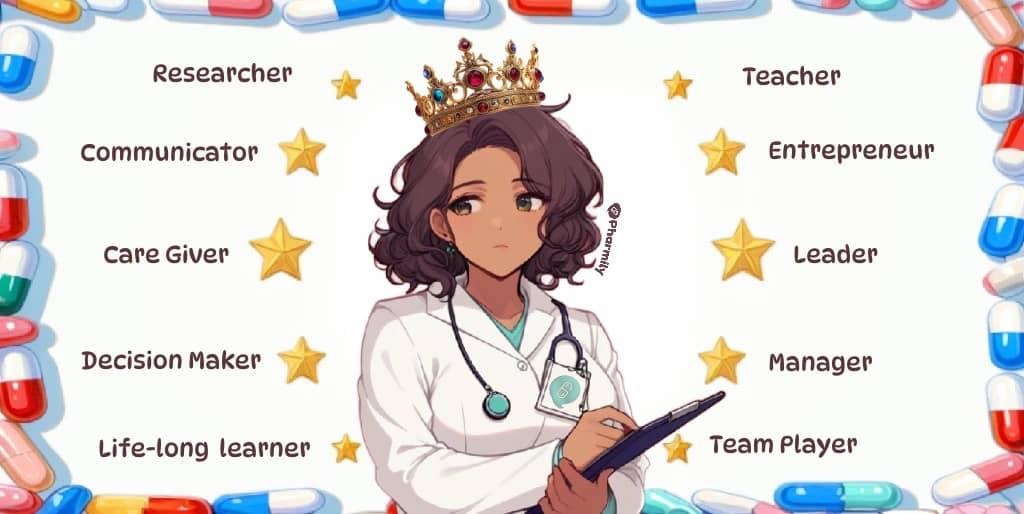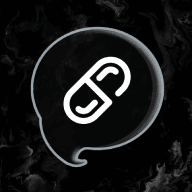How to Prepare for A Pharmacy Job Interview : A Comprehensive Guide for Success

As a seasoned pharmacist with years of experience hiring and mentoring pharmacy professionals, I’ve seen firsthand what sets successful candidates apart during pharmacy job interview.
Whether you’re a recent pharmacy graduate or an experienced professional looking to advance your career, preparing for a pharmacy interview requires more than just brushing up on your knowledge of medications.
It’s about showcasing your skills, personality, and passion for patient care.
This comprehensive guide will walk you through, on how to prepare for a pharmacy job interview, with highlight on common questions you may encounter, and provide tips on how to answer them effectively.
1. Understand the Job and Employer
Before you step into any interview, the first step is always research. You need to understand the specific pharmacy position you're applying for and the culture of the company you're interviewing with.
Pharmacy roles can vary widely depending on whether you’re applying for a position in a hospital, community pharmacy, pharmaceutical industry, or even in a research setting.
Here’s what to focus on:
- Understand the Organization: Learn about the company's mission, values, and services. Is it a retail chain, hospital, or independent pharmacy?
What is their work culture like? How do they position themselves in the market? Tailor your answers to align with their goals. - Know the Job Description: Review the responsibilities and requirements of the role.
Be prepared to discuss how your skills and experience make you a perfect fit. - Technological tools used: Be familiar with the software and systems the company, uses for prescriptions, patient data management, or inventory control.
2. Review Your Resume & Experience
Your resume is the key to showcasing your qualifications, but during the interview, the hiring manager will want to know how you can practically apply your experience to real-world situations.
Prepare to discuss specific examples from your previous jobs or internships that highlight your skills, such as:
- Clinical expertise: How you've applied your pharmaceutical knowledge to ensure patient safety.
- Patient interactions: Any instances where you’ve provided valuable counseling or guidance to patients.
- Teamwork: Working collaboratively with doctors, nurses, and other pharmacy staff to ensure optimal care.
3. Review Common Pharmacy Interview Questions
While every interview is unique, there are a few key questions you are almost certain to encounter in any pharmacy job interview.
Here are some of the most common questions along with advice on how to answer them:
🤔 Why did you choose pharmacy as a career ⁉️
This is your chance to show your passion for the profession.
😆 Talk about what motivated you to become a pharmacist and why you are committed to helping people through the use of medication.
🔭 Focus on your genuine interest in healthcare and helping people. Mention any specific moments in your studies or previous work experience that deepened your passion for pharmacy.
" I've always had an interest in healthcare, and pharmacy allows me to combine my love for science with my desire to make a direct impact on patient outcomes.
During my clinical rotation, I realized the importance of personalized medication counseling, and how it can significantly improve patient adherence and overall health."
🤔 Tell me about yourself ⁉️
This is typically one of the first questions an interviewer will ask, and it sets the tone for the rest of the conversation.
The 🔑 key to answering this question effectively is to keep your response focused, concise, and relevant to the role you’re applying for.
Structure Your Answer: A good way to structure your answer is to use the Present -> Past -> Future framework:
🟡 Present: Briefly describe your current role and key responsibilities.
🟡 Past: Share relevant past experiences or educational background that led you to your current position.
🟡 Future: Highlight why you’re excited about the opportunity and how it aligns with your long-term career goals.
🟢 Present: “I am currently a pharmacist at [Company Name], where I oversee daily operations in both dispensing and patient care.
My primary responsibilities include reviewing prescriptions for accuracy, counseling patients on proper medication usage, and collaborating with healthcare providers to ensure optimal therapeutic outcomes.
I am passionate about patient education and medication therapy management.”
🟢 Past: “I completed my Doctor of Pharmacy degree at [University Name], where I had the opportunity to intern at both community and hospital pharmacies.
This hands-on experience helped me develop a strong foundation in medication therapy, drug interactions, and patient counseling.
After graduation, I worked at [Previous Pharmacy or Job], where I gained valuable experience in high-volume environments and refined my ability to multitask and provide exceptional care to patients.”
🟢 Future: “I’m now looking for an opportunity to grow in a dynamic pharmacy setting, where I can continue to make an impact on patient care.
I’m particularly drawn to this position at [Company Name] because of its reputation for innovation in patient care and its commitment to continuing education, which aligns with my own values of lifelong learning and professional development.”
🤔 How do you handle a difficult or upset patient ⁉️
Pharmacists often deal with patients who are upset due to misunderstandings, long wait times, or complications with their prescriptions.
How you handle these situations speaks to your customer service and conflict resolution skills.
Demonstrate your empathy, patience, and professionalism. Show that you prioritize the patient’s well-being while maintaining a calm demeanor.
"When a patient is upset, I first listen to their concerns without interruption to ensure they feel heard.
Then, I explain the situation calmly, offering possible solutions.
I believe in treating every patient with respect and empathy, as it helps de-escalate tense situations and fosters trust."
🤔 How do you stay updated with changes in pharmaceutical regulations and new medications ⁉️
The pharmaceutical field is always evolving, and staying informed about the latest regulations, treatments, and drugs is essential for a pharmacist.
This question tests your commitment to professional development.
Discuss your methods for continuous learning—whether it’s through journals, continuing education courses, attending conferences, or staying up-to-date with industry news.
"I regularly read journals like The Journal of the American Pharmacists Association (JAPhA), follow pharma article trends on ePharmily and I also take online CE courses to stay updated with the latest developments.
I’m committed to lifelong learning to provide the best possible care for my patients."
🤔 What is your experience with inventory management ⁉️
In a pharmacy setting, managing stock is crucial to ensure that medications are available when needed while avoiding waste.
Employers want to know if you have the organizational skills to maintain a well-stocked pharmacy.
Highlight any experience with inventory systems, your attention to detail, and your ability to manage stock effectively to prevent shortages and overstocking.
"In my previous role, I was responsible for managing inventory through [mention specific system, e.g., Pharmorax].
I monitored stock levels regularly, ordered medications based on demand forecasts, and ensured proper storage.
My attention to detail helped prevent stockouts and ensured compliance with regulations."
4. Key Behavioral Interview Questions
Many pharmacy employers will also ask behavioral questions to understand how you approach work challenges.
Use the STAR method (Situation, Task, Action, Result) to structure your answers.
Example question: “Tell me about a time when you had to manage multiple priorities.” ⁉️
⭐️ Situation: Describe a time when you had to handle competing priorities.
⭐️ Task: Explain the task you needed to complete.
⭐️ Action: Describe the steps you took to prioritize and manage those tasks effectively.
⭐️ Result: Share the outcome, focusing on the positive result and what you learned.
"In my previous role, I had to balance filling prescriptions, counseling patients, and managing inventory during busy hours.
I prioritized tasks by urgency and delegated certain responsibilities to my team members, ensuring that all tasks were completed accurately and efficiently.
As a result, we reduced wait times by 20% and maintained a high level of patient satisfaction."
5. Common Mistakes to Avoid 🏃 🏃♀️ 🏃♂️
- Being Unprepared: Failing to research the employer or role can make you appear disinterested.
- Oversharing: Keep your answers focused and professional. Avoid discussing personal issues or criticizing previous employers.
- Lack of Enthusiasm: Show genuine excitement about the role and the impact you can make.
6. Final Tips for Success 👌
- Dress professionally: Pharmacy interviews, even in retail settings, typically require business attire. Dress in a manner that reflects your professionalism and respect for the opportunity.
- Bring necessary documents: Always bring a copy of your resume, references, and any other materials requested by the employer.
- Be positive: Show enthusiasm about the position and the company. A positive attitude can go a long way in leaving a lasting impression.
🥹 Remember, every interview is a learning experience.
Even if you don’t get the job, take the opportunity to reflect on what went well and what you can improve for next time.
🫶 Good luck!




